We all love a little sunshine; it boosts our mood, gives us vitamin D, and often gives our skin a glow. But when it comes to hair, a question you probably have is this: Is the sun good for your hair? On the one hand, the sun can produce some lightening effects on your hair. On the other hand, it can weaken and damage your hair structure.
What the Sun Does to Your Hair
Most of us know that too much sun can dry out the skin and cause burns, but the effects do not stop there. Ultraviolet (UV) radiation can also affect our hair fibers. Upon exposure to the sun, the two types of UV rays (ultraviolet A and ultraviolet B) can enter your strands and destroy the structure of your hair.
Research indicates that UVB radiation has a tendency to damage hair proteins (resulting in weak strands), whereas UVA radiation results in pigment and color alteration. Both categories of UV produce free radicals within the hair, thereby raising cuticles and breaking down keratin—the hair protein—in the long run.
The Science Behind Hair Changes Due to Sunlight
The pigments, as well as the protein of the hair, are affected by sunlight. UV light bleaches melanin—the coloring pigment in hair. In lay terms, UV light can be described as being similar to bleach.
Further Research confirms that the sun’s rays break down melanin and can cause cellular damage. That’s why exposure to bright sun causes hair to look lighter or brassy – an indication that some of the pigment has been chemically destroyed.
People often encounter chlorine or saltwater during recreation, such as at the beach or sun-related activities. This can also chemically disrupt keratin bonds and contribute to hair lightening.
Immediate or Long-Term Effects
The impacts of the sun on the hair can either be instant or gradual. Short-term effects will include your hair becoming drier, straw-like, or rough after a couple of hours under the sun. This is a direct result of lifted cuticles and lost moisture. Strands may also look slightly lighter or more highlighted.
Over the long term, chronic sun exposure adds up. Repeated UV can physically thin the hair shaft and even shrink the hair follicles. A 2021 Study found that chronic UVA exposure in mice led to more gray hairs and a significantly smaller hair diameter. This suggests that unprotected sun exposure could accelerate thinning or graying hair in people over the years.
Does the Sun Lighten Your Hair Naturally?
A common summer goal is that “perfect sun-bleached look,” but how far can sunlight really take your color? Let’s break down how sun-bleaching works.
The Melanin Factor
Hair color comes from melanin pigments inside the cortex. Dark hair has lots of eumelanin, while blond and red hair have less pigment. When exposed to sunlight, melanin in the hair oxidizes, thereby resulting in hair depigmentation. Hence, even untreated hair can lighten after sun exposure. However, the extent of lightening depends on your base color.
Very light or bleached hair can show noticeable brightening (often developing golden or copper highlights). Meanwhile, medium-brown hair can just turn a tone or two lighter, whereas black hair shows only a hint of warmth. This means that the lighter colors of hair would get lighter when they are in the sun, as compared to dark hair.
Achieving Sun Bleached Hair Safely
The safest approach to sun bleaching is to work gradually and protect the health of your hair. Spending all day in full sun without a care is likely to fry your hair. You might get stronger highlights, but at the cost of severe damage.
A smarter strategy is to alternate sun exposure with sun protection for hair. You could spend limited time in the sun and use a hair protectant spray during part of the day. That said, always follow any sun bleaching effort with deep conditioning. We recommend using GK Hair’s Deep Conditioner to replenish moisture and partially repair the keratin that UV has broken down.
How the Sun May Damage Your Hair
Here are the main ways UV overexposure manifests:
Structural Damage
The most immediate effect of UV on the hair is structural degradation. This will be evident when hair feels dry, stiff, or straw-like. With time, the hair cuticle gets raised and worn off; hence, the hair gets rough and will be more susceptible to tangles and breakages.
If you have sun-damaged hair, we advise that you read the following Tips to Repair Sun-Damaged Hair Before It's Too Late
Color and Appearance Issues
Sunlight accelerates color fading shifts. This leads to uneven color, where some color strands lighten more than others, leading to brassy or dull patches. Fine or very light hair is especially vulnerable because it has less pigment to absorb UV. Likewise, chemically treated hair is more porous and tends to fade quickly under the sun.
Scalp Concerns
Like any skin, it can suffer long-term damage from UV. The top of your head is one of the most sun-exposed areas on the body. A sunburnt scalp may prove to be itchy, flaky, and dry. This may adversely affect hair health; hence, hair care professionals stress sun protection for hair just as much as we protect our skin.
When Sun Exposure Can Be Good for Hair
It may sound counterintuitive, but brief sun exposure isn’t all bad news for the hair. When practiced carefully and moderately, the sun can offer a few benefits for hair health and appearance. Here are some potential positives to keep in mind:
Natural Highlighting Effects
The sun naturally brightens the hair and gives it that desired beachy appearance. A little sunlight can impart a soft, multi-tonal glow to your strands. Just remember this: the effect is gentle and will vary by hair color.
Vitamin D Production
Sunlight on the skin triggers vitamin D synthesis, which is crucial for many body functions (including hair health). Vitamin D plays a direct role in hair follicle growth cycles.
An article published by Harvard Health notes that vitamin D is essential for creating the cells that develop into hair follicles. This means getting healthy sun exposure can help support hair growth indirectly.
Improved Hair Texture
A lot of beachgoers have noticed that their hair gets more volume and waves after a day in the sun. This is attributed to the fact that moderate amounts of sun exposure could coarsen the hair cuticle slightly. For some, it can also get their locks looking thicker or fuller. Just remember, this is a temporary effect of being a little dehydrated.
Ways to Prevent Sun-Damaged Hair
- Put on a hat or a scarf.
- Use a hair protectant spray.
- Use hair care products that are designed to protect your hair from UV rays. GK Hair’s Shield Shampoo and Conditioner are good examples here.
- Avoid peak sun hours
Finding the Balance
So, is the sun good for your hair? Well, that depends on how you manage it. A short, controlled exposure to the sun will provide you with a few benefits. However, unprotected sunlight will damage your hair.
Pair your sun bleached hair routine with protection and care. Also, add GK Hair’s Smoothing Shield Deal to your shelf to keep your strands safe and vibrant all season long.


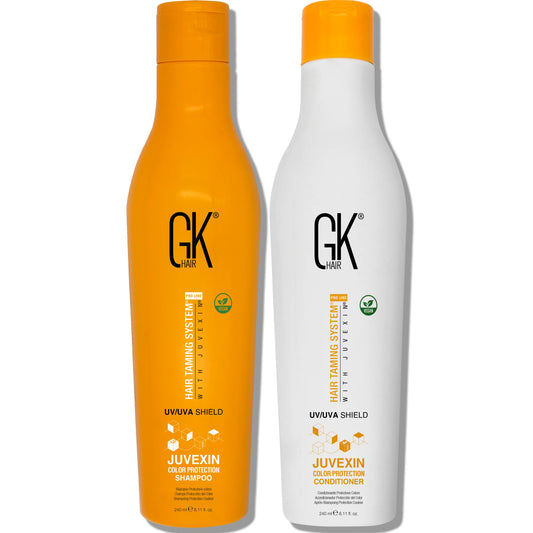
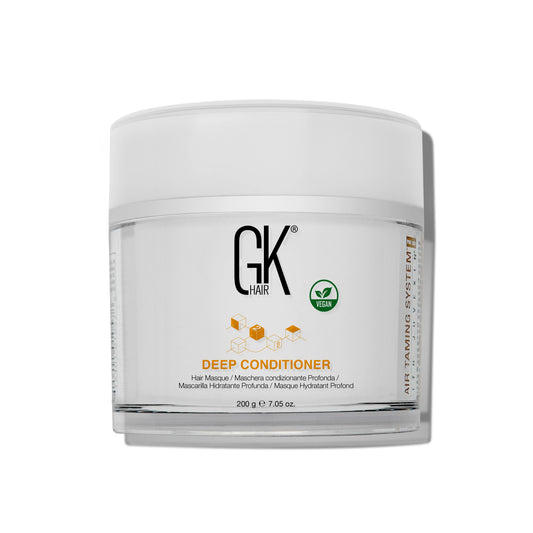
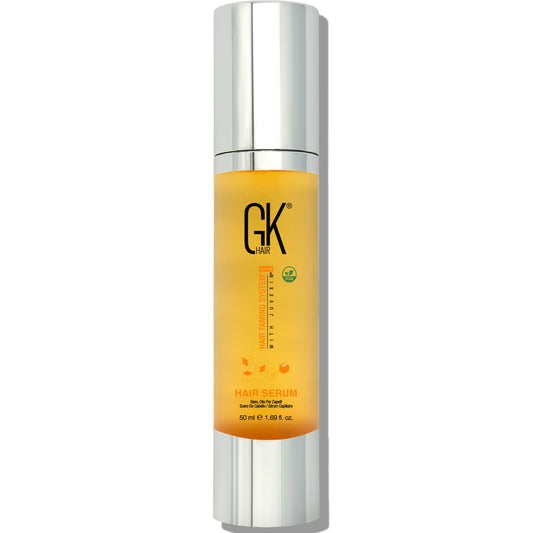

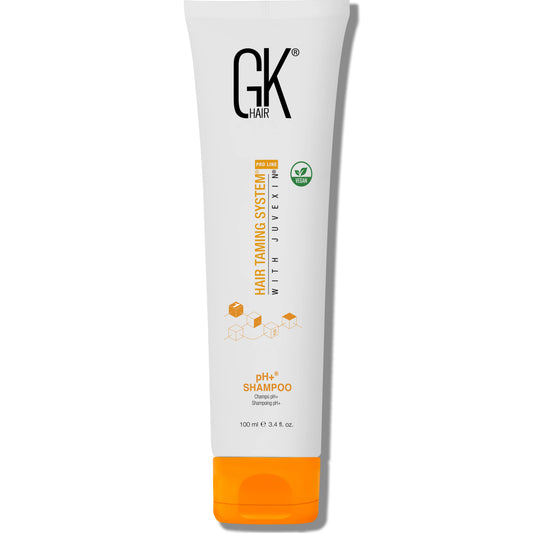
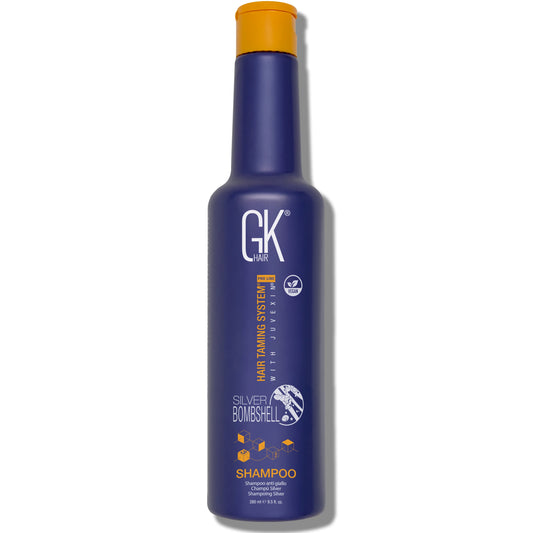
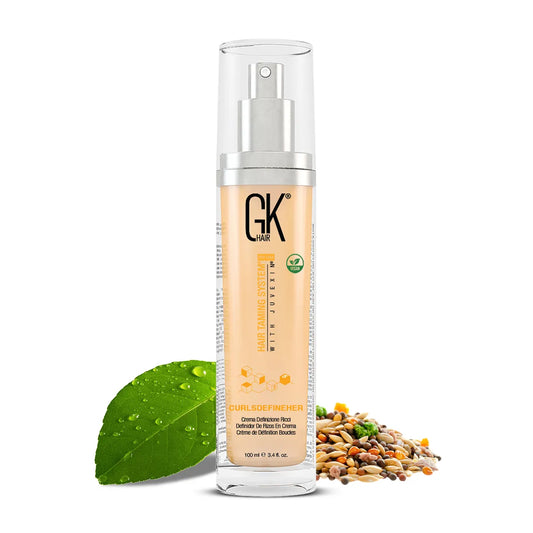
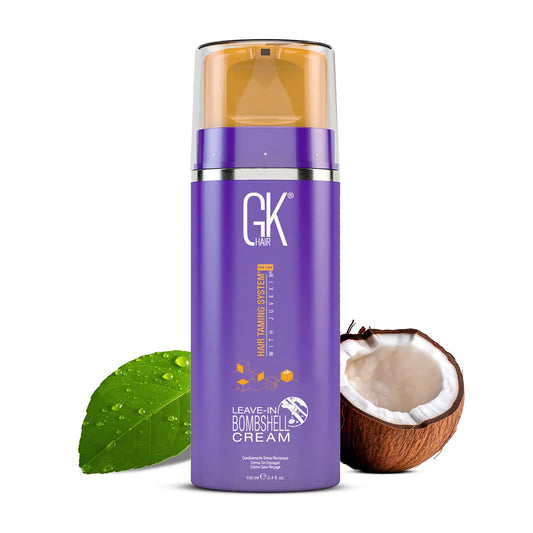
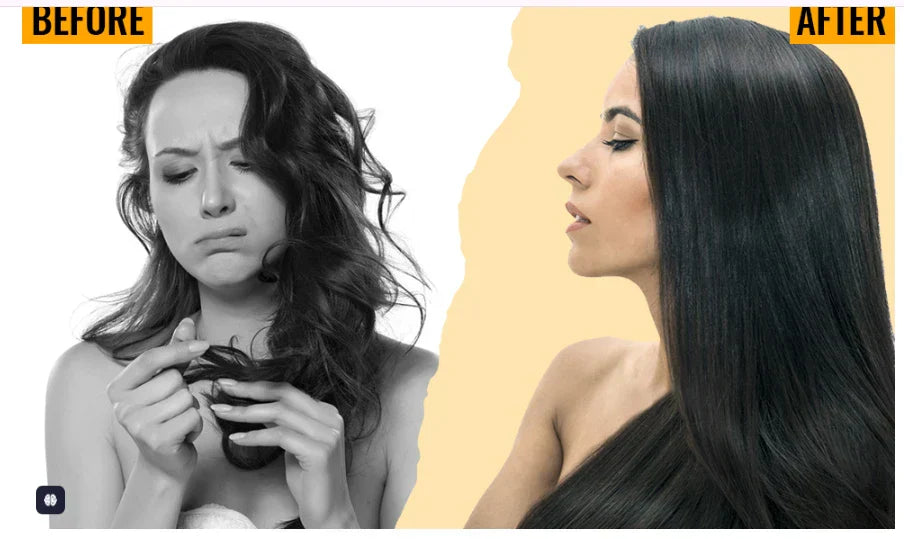
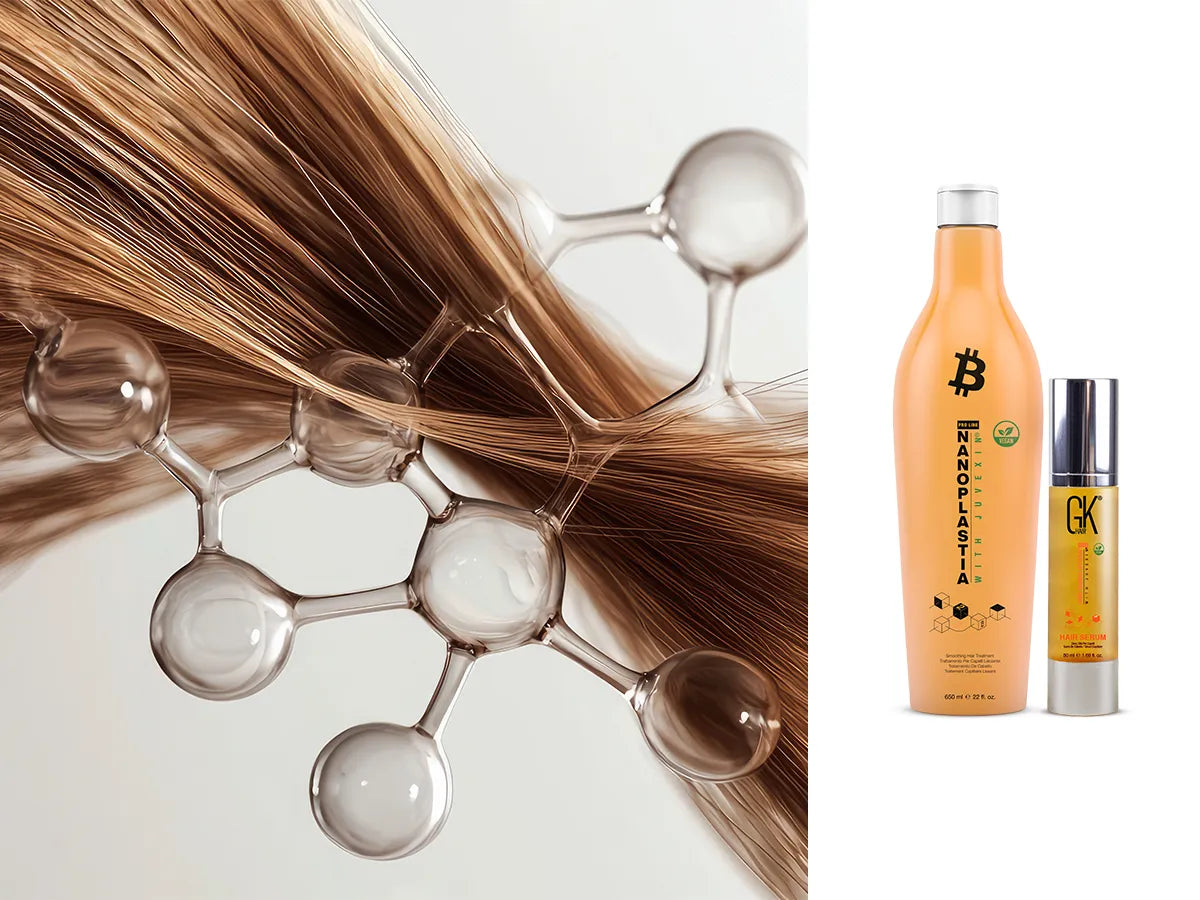

Dejar un comentario